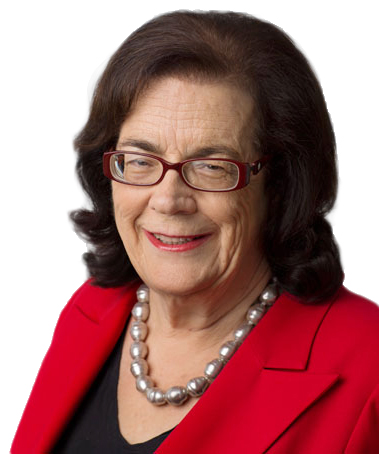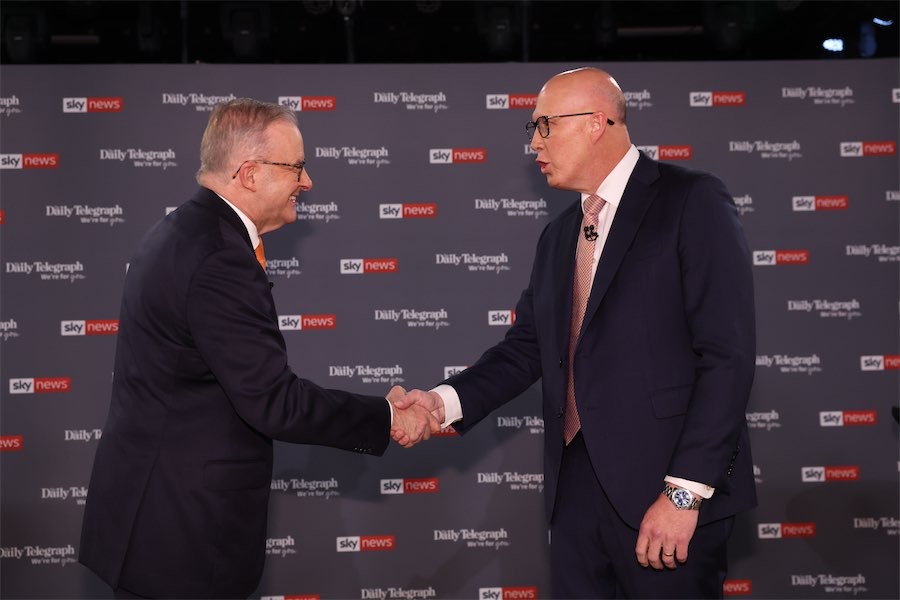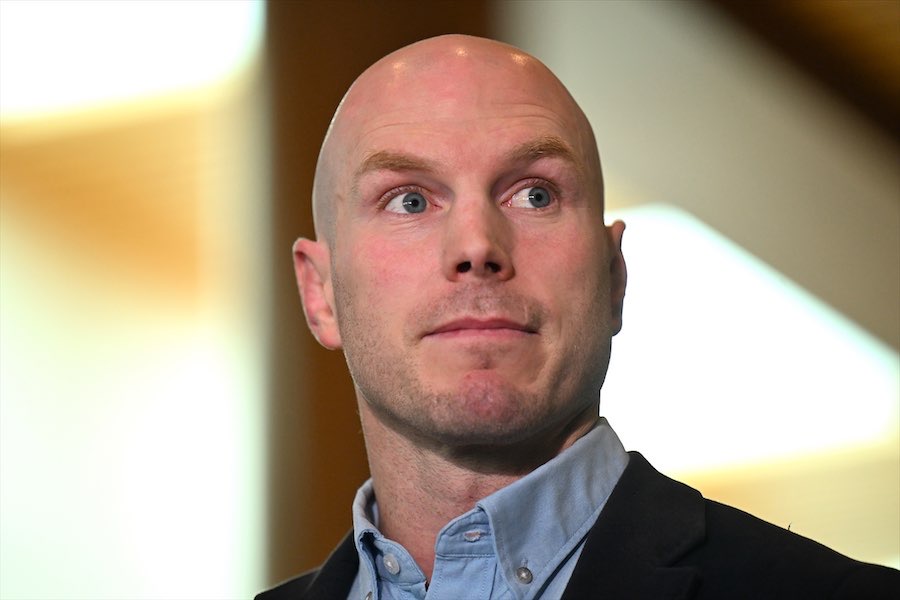NSW is on a knife edge – the coming days will show whether this will be a nasty but brief pause on activity, like the recent Victorian one, or something much more serious, writes political columnist MICHELLE GRATTAN.
THE argument Scott Morrison has consistently put – that NSW has a better way of dealing with covid, by avoiding comprehensive closures – has been blown away by Gladys Berejiklian’s reluctant resort to a lockdown of greater Sydney and other places.

In the end, the disease dictates the response, at least if a community wants maximum safety. And it will find the inevitable holes in even a strong defensive fence.
In NSW, the Sunday update recorded 30 new cases. New cases have also emerged in Western Australia and the Northern Territory, as well as in Queensland. The NT, with a large Indigenous population, is a potential worry, although up to now, the protection of the Indigenous communities has been very effective.
In a video on the NSW lockdown Morrison – himself still in quarantine after his overseas trip – said NSW had “the best contact tracing system” in the country, indeed the world.
Regardless, NSW is on a knife edge – the coming days will show whether this will be a nasty but brief pause on activity, like the recent Victorian one, or something much more serious.
Despite Australia being largely covid-free compared with so many other countries, thanks to geography, strong actions by federal and state governments, and some luck, mistakes have been the cause of a string of outbreaks.
Many breaches of hotel quarantine have occurred – although given the number of people passing through and the fact hotels are not ideal for the purpose, perhaps the surprise is there haven’t been more.
In NSW most recently, an unvaccinated driver who transported international airline crew was at the centre of the outbreak.
The regulations didn’t require these drivers to be vaccinated or wear masks, a clear gap in the NSW system.
Even if the Morrison government’s performance had been better this year, we’d still have outbreaks. But we would feel in a safer position dealing with them than we are now.
The federal government took responsibility for the vaccination rollout – the states have a significant role but are subsidiary.
How the federal government has fallen short has become well known. The rollout has been slow and beset by problems. On quarantine, there has also been tardiness: the government did expand the Howard Springs centre (from which there have been no leaks) but it has only just given the tick to a purpose-built centre in Victoria, and even more recently moved on centres to be built in Queensland and WA.
It first put faith in the University of Queensland vaccine which fell over, and then relied too much on AstraZeneca, failing last year to secure a broad enough basket of vaccines, scheduled to arrive early enough.
It boasted about CSL’s capacity to produce AstraZeneca, but then when the rare blood clot trouble arose with that vaccine, the Pfizer supplies couldn’t come fast enough – which will be the case for some months yet.
So now there is an impasse. People need to be vaccinated ASAP but there are shortages, or potential shortages, of Pfizer for those for whom it is recommended, and those who are now demanding it because they don’t trust AstraZeneca. The staged-by-age rollout has to be maintained because of the supply issue, although desirably anyone who wanted to be should be vaccinated at once.
The government is much criticised for the inadequacy of its communications campaign, which is limited and weak. But it is also caught – changes of medical advice about AstraZeneca (and who knows if or when it may alter again?) and limited supplies of Pfizer complicate things.
On issues of distribution logistics and the like, the arrival of Lieutenant General “JJ” Frewen to oversee the rollout will help.
But some problems are not easily solved, especially where they involve differences between the politicians and the health advisers.
Federal and state governments have had the constant mantra of following what the experts say. But now there is some questioning of that.
One example is mandating vaccination for aged care workers. National cabinet a few weeks ago leaned to requiring this, but the health advisers were reluctant. They feared an exodus from the workforce.
They were asked to go back and look at a timetable anyway. So far, there is still no mandating. A spokesperson for Health Minister Greg Hunt said on Sunday: “They are expected to provide advice ahead of the next National Cabinet meeting”.
The health department said on Sunday that as of June 25, 2665 of 2869 services had reported on workforce COVID-19 vaccination. “The data shows that 88,287 of 262,876 residential aged care workers, equating to 33.6 per cent, have reported receiving a COVID-19 vaccination. Of these, 42,794 workers have reported receiving a second dose,” the department said.
The chair of the Council on the Ageing (COTA) Australia, Jane Halton, says “from a council perspective we remain perplexed and frustrated that the requirement to be vaccinated has not been mandated nationally [for these workers]”.
Halton points out that some residents in aged care facilities will remain, by choice or for medical reasons, unvaccinated and so vulnerable.
Most of Australia’s COVID deaths have been among residents from aged care facilities. These facilities are a federal government responsibility and while we’d expect they are better prepared now, unvaccinated workers remain a high risk.
The issue of compulsory vaccinations for these workers is only one among many instances of the slowness that has beset the federal government this year, just as it needs – for health, economic and, not least, electoral reasons – to have the running shoes on.
All this as the virus becomes much more infectious.
Michelle Grattan is a professorial fellow at the University of Canberra. This article was originally published on The Conversation.
Who can be trusted?
In a world of spin and confusion, there’s never been a more important time to support independent journalism in Canberra.
If you trust our work online and want to enforce the power of independent voices, I invite you to make a small contribution.
Every dollar of support is invested back into our journalism to help keep citynews.com.au strong and free.
Thank you,
Ian Meikle, editor








Leave a Reply